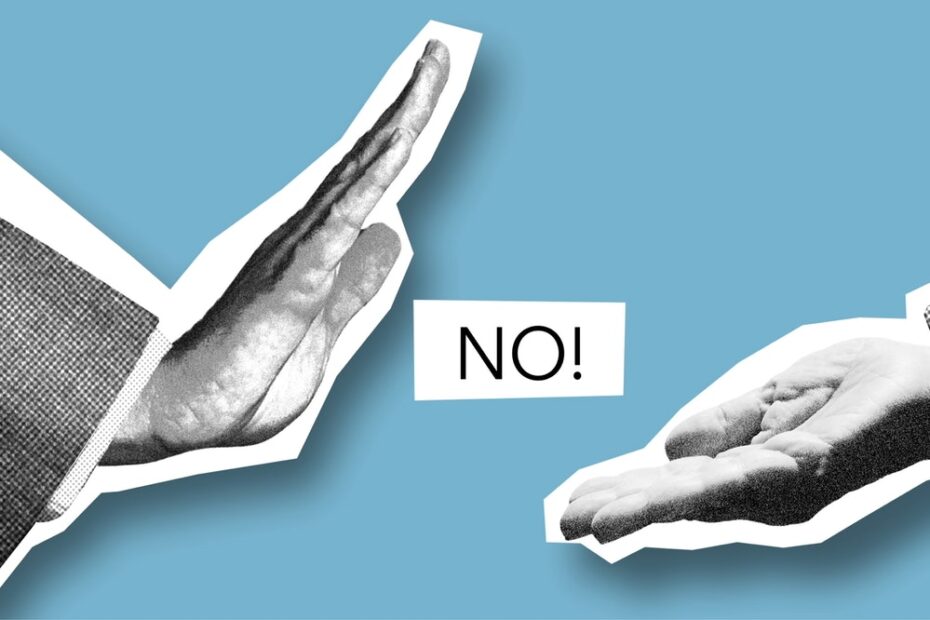Your Pegasus compensation claim is denied.
Receiving a denial for your compensation claim can be disheartening, particularly if you’re uncertain about your eligibility. Unsure about the next steps? Is it worthwhile to persist in seeking compensation? The answer is affirmative – it is worth it. There are alternative avenues for seeking compensation, such as transferring your claim to a flight compensation agency. They can manage the process on your behalf. But it’s not the only way.
You are fully entitled to continue to fight for your rights.
Check your compensation online.
Your Pegasus Compensation Claim Is Denied. Now What?
Your Pegasus compensation claim is denied. What is your next step?
Do not fret – there are other ways to seek compensation from Pegasus.
However, before moving forward, it is important to brush up on your legal knowledge. You should revisit Regulation (EC) No 261/2004 to determine whether you are eligible for flight compensation.
Keep in mind that only Pegasus flights from Europe are covered by Regulation (EC) No 261/2004.
As Pegasus is a non-European airline, these EU regulations apply only to Pegasus flights departing from the EU and the UK.
1. Partnering With Flight Compensation Companies
The most direct approach is to partner with a flight compensation company.
This entails completing an online claim form, providing the flight compensation company with copies of your boarding pass and passport, and submitting the claim. The company takes over from there, eliminating any further stress for you. You no longer have to deal directly with Pegasus.
The flight compensation company will reach out to you if any additional questions require your response. The primary disadvantage of this approach is the service fees. Most flight compensation agencies charge around 25-45% of the compensation.
Our partners offer these services.
Check your compensation online.
When choosing this option, here is all you will have to do:
And that’s it — the rest is handled by professionals.
* Your boarding pass and passport or ID copy.
What costs are involved?
Typically, the fees amount to around 25 to 35 percent of the compensation. The remainder is sent to you. If no compensation is awarded, you are not required to pay.
The majority of flight compensation companies adopt a ‘no win, no fee’ strategy.
Read more:
2. Contacting the NEB of the Country Your Flight Originates From
Working with a flight compensation company is not your only option.
Engaging the NEB (National Enforcement Bodies) is the next step if your independent attempt to contact the airline has resulted in a denial or lack of response. This service is offered free of charge. However, it is not as simple as working with a flight compensation company, and it can be a time-consuming process. The NEB typically takes at least 2 months to process your compensation claim.
The main drawback of this method is that a positive response to your claim doesn’t mean you’ll be compensated. Pegasus may still refuse the claim.
You can find a list of National Enforcement Bodies here.
The National Enforcement Bodies assist passengers in the event of denied boarding, flight delay or cancellation, as well as enforce the regulation Regulation (EC) 261/2004 and make sure passengers are treated according to these rules.
3. Escalating Your Case to Court
If Pegasus compensation claim is denied, the next course of action is to bring the matter to court.
It’s highly advised to obtain a favourable ruling from the NEB before moving forward. This is due to the increased weight it can give your case against the airline (Pegasus in this instance).
Going to court with your complaint is a detailed and often effective approach. Before proceeding, make sure your claim is legitimate. Familiarise yourself with your rights and construct your argument carefully. Only then can you be confident that it’s worth pursuing in court.
If you have a ruling from the NEB stating that you are owed compensation, include it with your court documentation. It’s crucial to bear in mind that bringing your complaint to court will involve expenses.
As Pegasus is a non-European airline, these EU regulations apply only to Pegasus flights departing from the EU and the UK.

Extraordinary Circumstances
Airlines commonly dodge providing a clear reason when rejecting your claim.
Often, they merely provide a nebulous explanation, and that is the end of the matter.
They tend to tag “everything” as extraordinary circumstances.
The reason is straightforward – airlines don’t make profits by compensating passengers. Consequently, airlines often try to avoid compensation. They are aware that most passengers are not fully aware of their rights, and they take advantage of this lack of knowledge. Keep this in mind for future reference.
Under EU regulation 261/2004, airlines are not obligated to provide flight compensation in cases of disruption caused by extraordinary circumstances. These circumstances include severe weather conditions, socio-political unrest, and hidden manufacturing defects. Specifically, only hidden manufacturing defects are deemed as extraordinary circumstances. Most technical issues fall under the airline’s responsibility.
Moreover, unfavourable weather is not always considered an extraordinary circumstance. Sometimes, the weather is completely predictable. For instance, snowfall during the winter months (unless snowfall is uncommon there). In such cases, the airline should have taken the necessary steps to ensure an on-time departure for the flight.
Determine the actual reason for the flight delay or cancellation. It makes a difference.
Check your compensation online.
As Pegasus is a non-European airline, these EU regulations apply only to Pegasus flights departing from the EU and the UK.

When Can You Get Flight Compensation From Pegasus?
Multiple conditions may warrant a compensation claim from Pegasus, including delays, cancellations, and instances where you’re denied boarding due to overbooking.
As Pegasus is a non-European airline, these EU regulations apply only to Pegasus flights departing from the EU and the UK.
1. Flight Delays
According to EU regulation 261/2004, passengers are eligible for compensation if their flight arrives at the final destination more than three hours behind schedule.
The amount of compensation depends on the length of the delay and the distance of the flight. For example, if a flight from Amsterdam to London, which is a short distance of less than 1,500km, is delayed by five hours, passengers can claim €250 in compensation.
As Pegasus is a non-EU airline, the rules of EU regulation 261/2004 apply only to Pegasus flights departing from the EU and the UK.
Read more: Pegasus Flight Delay Compensation
2. Flight Cancellations
If a Pegasus flight departing from an EU airport is cancelled without at least 14 days’ notice, passengers may be eligible for compensation.
The compensation amount depends on the flight distance and the delay in reaching the final destination. For example, if a flight from Berlin to Istanbul, which is a medium-distance flight between 1,500km and 3,500km, is cancelled, and if you reach your destination with a delay of over three hours, you can claim €400 in compensation.
Alternatively, passengers can also choose a full refund instead of a replacement flight.
3. Denied Boarding Due to Overbooking
Airlines often sell more tickets than available seats, anticipating that some passengers may not show up. If you’re denied boarding due to overbooking and you didn’t voluntarily give up your seat, you may be eligible for compensation.
The compensation amount is contingent on the distance of your flight. For instance, if you’re journeying from Barcelona to New York, a long-distance flight exceeding 3,500 km, and you experience denied boarding, arriving at your final destination more than four hours late on an alternative flight, you may be eligible to claim €600 in compensation.
As Pegasus is a non-European airline, these EU regulations apply only to Pegasus flights departing from the EU and the UK.
Your Pegasus compensation claim is denied? Do you have a first-hand experience of denied Pegasus compensation claim? Did you take the case to NEB or court?
